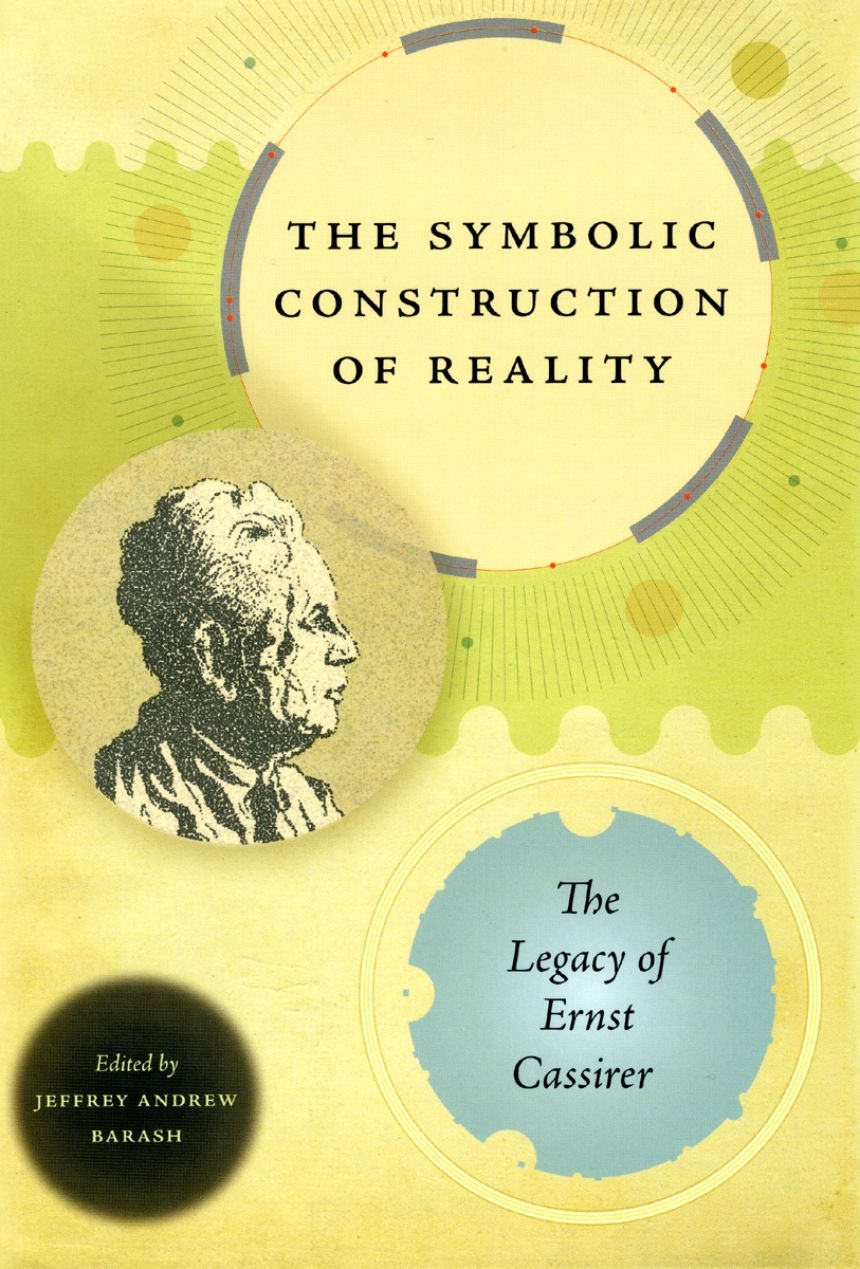The Symbolic Construction of Reality
The Legacy of Ernst Cassirer
Reviews
Table of Contents
Acknowledgments
Introduction
Part One
Foundations: Articulations of the Symbol
1. Symbol and History
Ernst Cassirer’s Critique of the Philosophy of History
Enno Rudolph
2. Ernst Cassirer on Nicholas of Cusa
Between Conjectural Knowledge and Religious Pluralism
Yossef Schwartz
3. History and Philosophy in Ernst Cassirer’s System of Symbolic Forms
Fabien Capeillères
4. Cassirer’s Philosophy of Symbolic Forms
A Foundational Reading
Gabriel Motzkin
Part Two
Themes: Symbolic Forms and Philosophy
5. Cassirer’s Metaphysics
Donald Phillip Verene
6. The Limits of Order
Cassirer and Heidegger on Finitude and Infinity
Michael Roubach
7. Ernst Cassirer’s Theory of Myth
On the Ethico-Political Dimension of His Debate with Martin Heidegger
Jeffrey Andrew Barash
Part Three
Ramifications: Symbol, History, Politics
8. The Myth of the State Revisited
Ernst Cassirer and Modern Political Theory
Joseph Mali
9. Cassirer’s Enlightenment and Its Recent Critics
Is Reason Out of Season?
Fania Oz-Salzberger
10. Practicing “Intertextuality”
Ernst Cassirer and Hermann Cohen on Myth and Monotheism
Almut Shulamit Bruckstein
11. The Hero of Enlightenment
Gideon Freudenthal
List of Contributors
Index